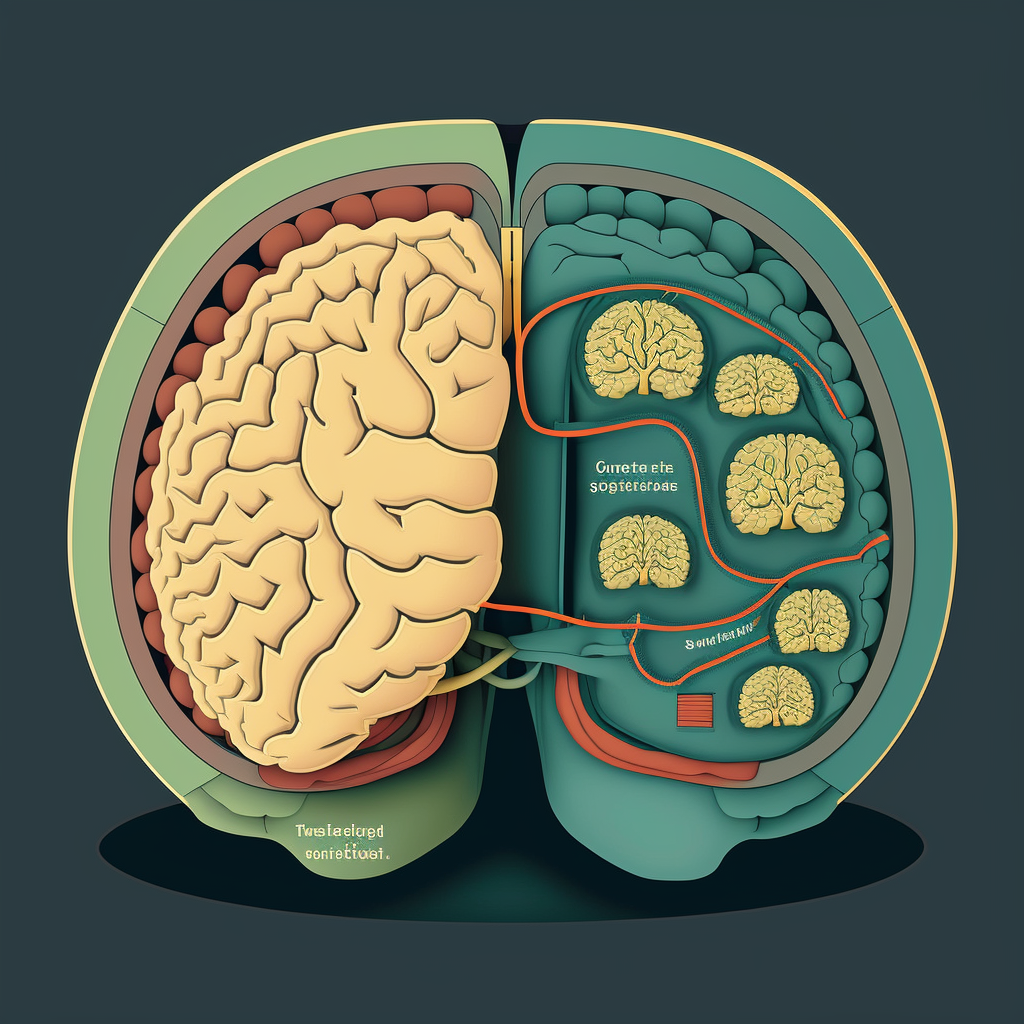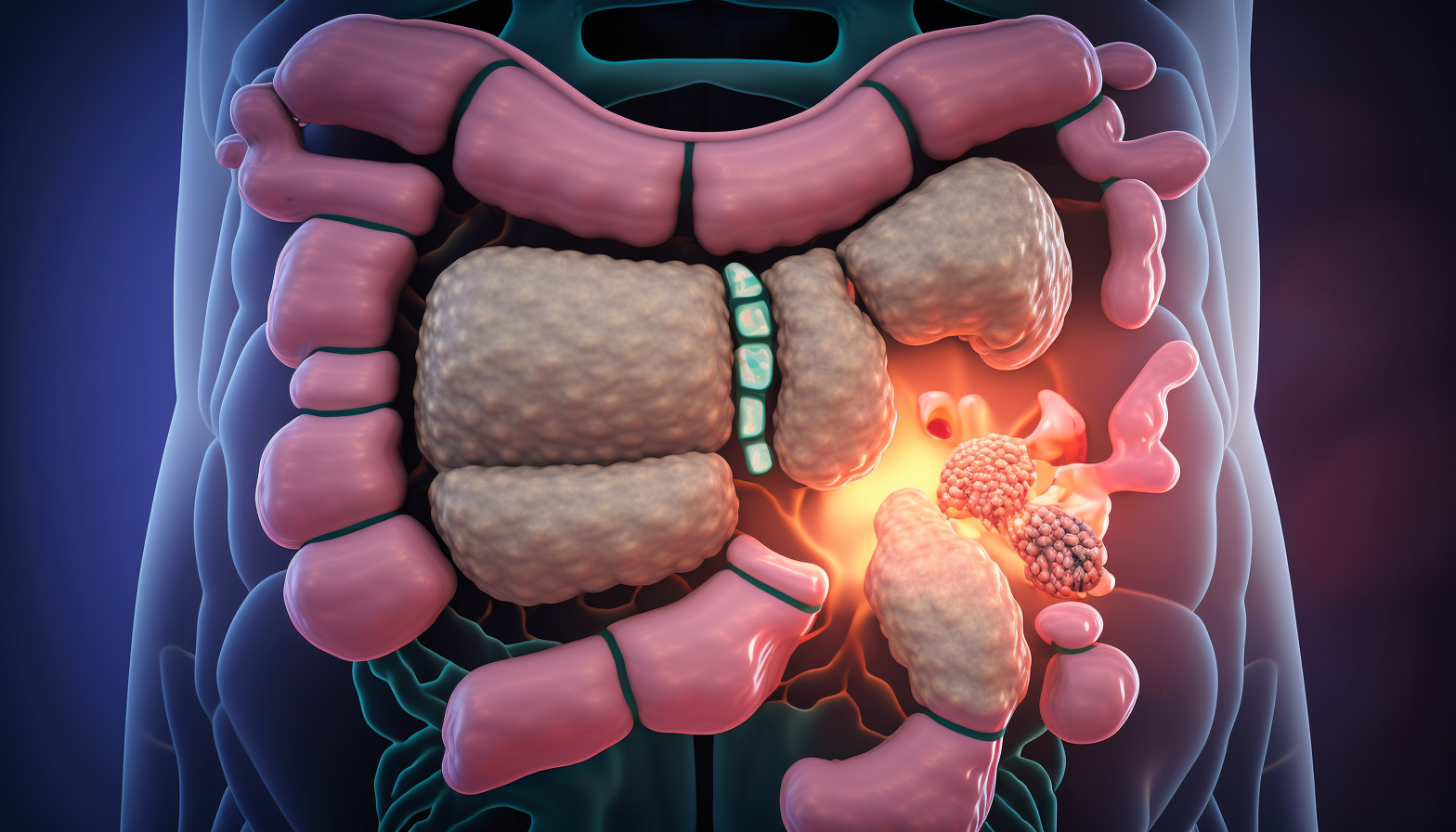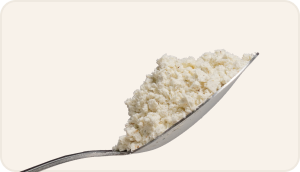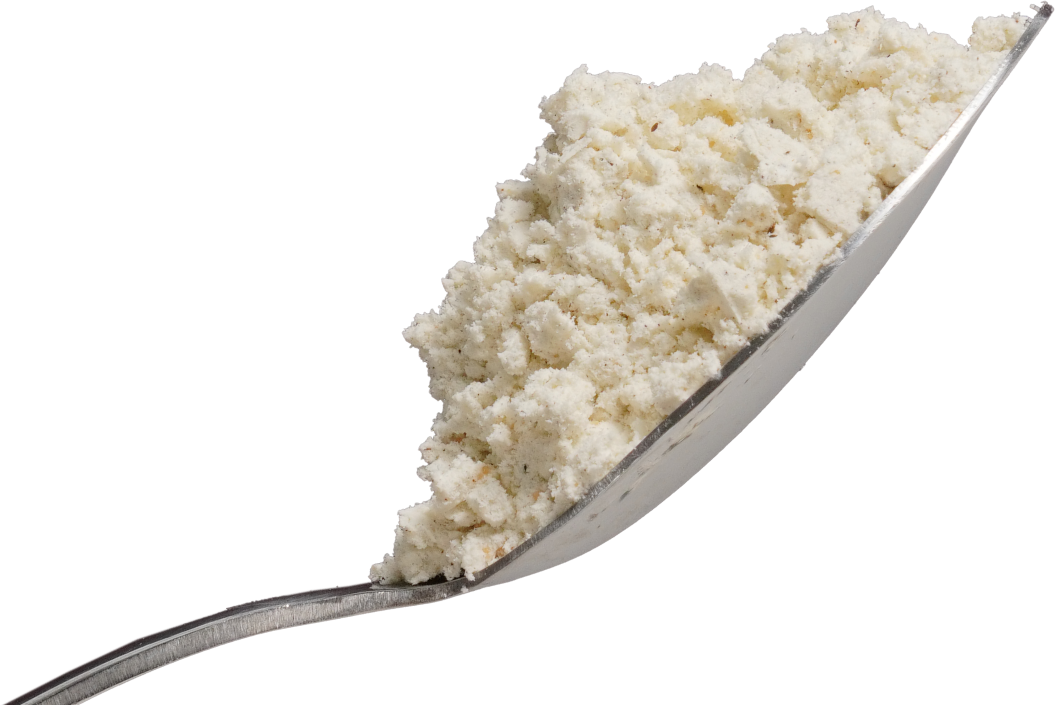GRAB A PACK
Not Sure?
Try Our Sample Pack
The Top 10 Most Common Symptoms of IBS
Introduction
Irritable Bowel Syndrome (IBS) is a common digestive disorder that affects millions of people around the world. It is characterized by symptoms such as abdominal pain, cramping, bloating, gas, changes in bowel habits, and more. These symptoms can cause significant discomfort and affect the quality of life for those who suffer from IBS. Understanding and managing these symptoms is crucial for maintaining good gut health.
At Happy Gut, we understand the difficulties with IBS and are dedicated to providing a clean and effective solution. Our protein powder supplement is made with natural, minimally processed ingredients, and is free from soy, gluten, artificial colors and sweeteners, lactose, and sugar alcohols. We believe in promoting a healthy and happy lifestyle for everyone and offer a free sample to help customers make an informed decision about our product.
What is IBS?
Irritable Bowel Syndrome (IBS) is a functional digestive disorder that affects the large intestine. It is characterized by symptoms including abdominal pain or discomfort, bloating, gas, diarrhea, constipation, and changes in bowel habits. IBS is a common condition, affecting approximately 10-15% of people worldwide.
The exact cause of IBS is still unknown, but it is believed to be related to the way the muscles in the gut contract and the interaction between the Gut and the brain. Other factors that may contribute to developing IBS include stress, hormonal changes, food sensitivities, and changes in gut bacteria.
IBS significantly impacts gut health and can cause considerable discomfort for those suffering from it. Individuals need to understand their symptoms and seek medical advice to determine if they have IBS and how it can be managed.
Diagnosing IBS
Diagnosing IBS involves a thorough evaluation by a doctor, including a discussion of symptoms and medical history, as well as a physical examination. The doctor will ask about the frequency and severity of symptoms and other related conditions, such as anxiety, depression, or a history of abdominal surgery.
Individuals need to see a doctor to accurately diagnose IBS, as symptoms can also be caused by other medical conditions such as inflammatory bowel or celiac disease. A proper diagnosis is crucial in determining the best course of treatment for managing IBS.
Managing IBS
Managing IBS involves finding the best approach for each individual, as what works for one person may not work for another. Some standard methods for managing IBS include lifestyle changes, medication, stress management, and exercise.
Lifestyle changes such as adjusting one's diet, reducing stress, and improving sleep habits can help manage IBS symptoms. In some cases, medication such as antispasmodics or laxatives may be recommended to relieve symptoms.
Stress management techniques like mindfulness, deep breathing, and yoga can help reduce stress levels and improve gut health. Regular exercise has also been shown to have a positive effect on digestive health and can help relieve symptoms of IBS.
It is essential to work with a doctor to determine the best approach for managing IBS, as well as to monitor any changes in symptoms and make adjustments as needed.

Adjusting Your Diet
Diet plays a significant role in managing IBS symptoms. Identifying trigger foods and reducing portion sizes can help relieve symptoms. Keeping hydrated is also essential, as dehydration can make symptoms worse.
The Low FODMAP diet is a popular method for managing IBS symptoms. The diet avoids foods high in fermentable oligosaccharides, disaccharides, monosaccharides, and polyols (FODMAPs), which can be difficult for some people to digest. The goal of the Low FODMAP diet is to reduce symptoms of IBS by limiting high FODMAP foods and gradually reintroducing them to determine tolerance.
The Low FODMAP Diet
The Low FODMAP diet is a nutritional approach that aims to minimize the intake of certain carbohydrates known as FODMAPs. This diet has been proven effective in reducing digestive discomfort and managing symptoms of Irritable Bowel Syndrome (IBS) and other gastrointestinal disorders.
FODMAPs are a type of carbohydrate that are poorly absorbed in the small intestine and can ferment in the large intestine, producing gas, bloating, and other symptoms of digestive discomfort. The Low FODMAP diet involves limiting or avoiding foods high in FODMAPs, allowing the Gut to heal and reduce the symptoms of IBS and other gastrointestinal disorders.
Foods considered high in FODMAPs include certain fruits and vegetables such as apples, peaches, onions, and garlic, dairy products such as milk, yogurt, and cheese; grains such as wheat, barley, and rye; and sweeteners such as high fructose corn syrup and honey. It is important to note that not all individuals will react to all FODMAPs, and it may be necessary to consult with a doctor or dietitian to determine which foods should be limited or avoided.
Overall, the Low FODMAP diet can be a beneficial tool for those who experience digestive discomfort and symptoms of IBS. Individuals can reduce symptoms and improve overall gut health by limiting the intake of high-FODMAP foods.
The Top 5 Most Common Symptoms of Irritable Bowel Syndrome (IBS)
Abdominal Pain or Cramping
One of the most common symptoms of IBS is abdominal pain or cramping. This can vary from person to person and range from dull aches to sharp, stabbing pains. The pain may be relieved after having a bowel movement or can be accompanied by other symptoms such as bloating or gas.
Diarrhea
Another common symptom of IBS is diarrhea. This can range from occasional loose stools to frequent, watery bowel movements. The frequency and severity of this symptom can also vary from person to person. Some people may experience diarrhea as their predominant symptom, while others may alternate between constipation and diarrhea.
Constipation
Constipation is also a common symptom of IBS. This can range from infrequent bowel movements to hard, dry stools that are difficult to pass. Like other IBS symptoms, the frequency and severity of constipation can vary from person to person. Some people may experience constipation as their predominant symptom, while others may alternate between constipation and diarrhea.
Bloating and Gas
Bloating and gas are also common symptoms of IBS. These symptoms can cause discomfort or pressure in the abdomen and can be accompanied by abdominal pain or cramping. Bloating and gas may also be relieved after having a bowel movement.
Changes in Bowel Habits
Finally, changes in bowel habits are a common symptom of IBS. This can include alternating between diarrhea and constipation or having stools that are different in consistency or frequency than what is typical for the individual. Changes in bowel habits can also accompany other symptoms, such as abdominal pain or cramping.
Conclusion
In conclusion, Irritable Bowel Syndrome (IBS) is a digestive disorder that affects many people and can cause various uncomfortable and disruptive symptoms. Understanding the symptoms of IBS is essential to managing the condition effectively. In this blog post, we discussed the top 5 most common symptoms of IBS, including abdominal pain or cramping, diarrhea, constipation, bloating and gas, and changes in bowel habits.
It is important to note that everyone's experience with IBS is unique, and the severity and frequency of symptoms can vary significantly from person to person. However, by working with a healthcare provider and making lifestyle changes, such as following the Low FODMAP diet, those with IBS can find relief and regain control of their gut health.
For those looking for a comprehensive solution for managing their IBS symptoms, Happy Gut offers protein powder suitable for IBS and resources to help individuals achieve a healthy, balanced gut. Happy Gut is dedicated to assisting individuals to achieve the best gut health possible.
FAQs
- Eating a healthy, balanced diet that is low in fat and high in fiber
- Staying hydrated by drinking plenty of water
- Getting regular exercise and staying active
- Managing stress through relaxation techniques, such as deep breathing or meditation
- Working with a healthcare provider to find the right medication and treatment plan for you
Similar blogs


















